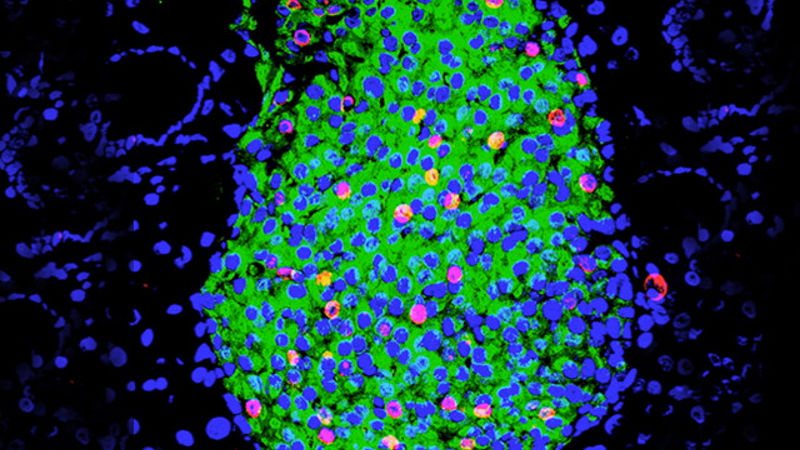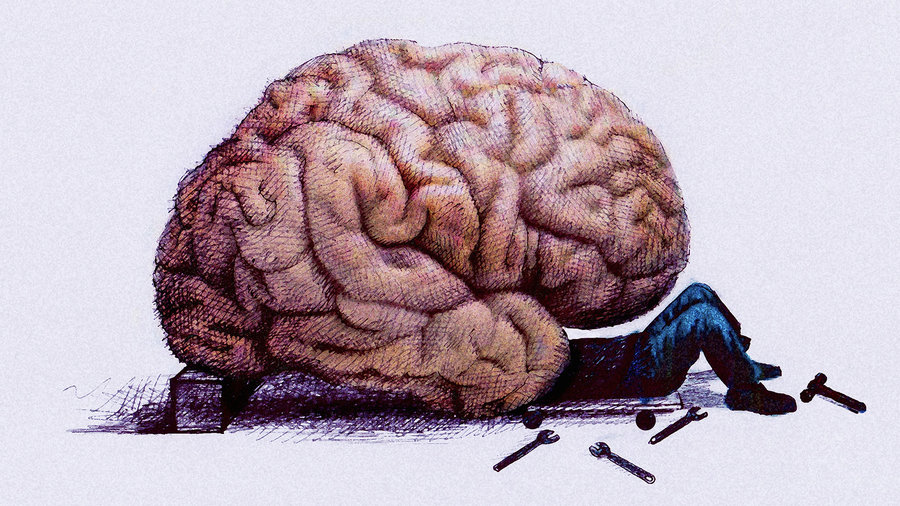Back in 2014, researchers from Harvard had apparently managed to generate insulin-producing cells in mice. However, since then, no-one (including the same researchers) has been able to replicate this process and get the same groundbreaking results. As a consequence, biologist Douglas Melton and fellow Harvard researchers had no choice but to retract their original published research paper.
The groundbreaking work that was conducted in 2014 was done so by researchers at the Harvard Stem Cell Institute and involved using stem cells to create large quantities of insulin-producing beta cells in mice. It was suggested that if used in human it could potentially restore a person’s ability to produce insulin, saving many people with diabetes from having to take regular injections. This was exciting news for those who have type 1 diabetes and bought them hope of an injection-free future.
But, this enjoyment was to be short lived unfortunately as Melton and colleagues have been unable to reproduce the same results since, therefore leaving them little choice but to retract their original findings. In their retraction statement, the authors wrote, “We have subsequently repeated a series of blinded experiments….and have now determined conclusively that our conclusion…. Is wrong and cannot be supported. Therefore, the most appropriate course of action is to retract the paper. We regret and apologize for this mistake.”
However, the retraction comes as no surprise to some, and as early as 2014 the team was receiving requests for the retraction after numerous articles and studies cast doubt on the research. But, unable to give up quite so easily, Melton battled on trying to reproduce the same findings, but alas, failed to do so. Although the team published an article in June 2016 advising how the original study had flaws, no retraction was made at that point. Melton finally made the decision to retract the paper to avoid confusion about the status of it. He said, “I though it would be most unfortunate if a lab missed the PLOS ONE paper, then wasted time and effort trying to replicate our results.”
More News To Read











